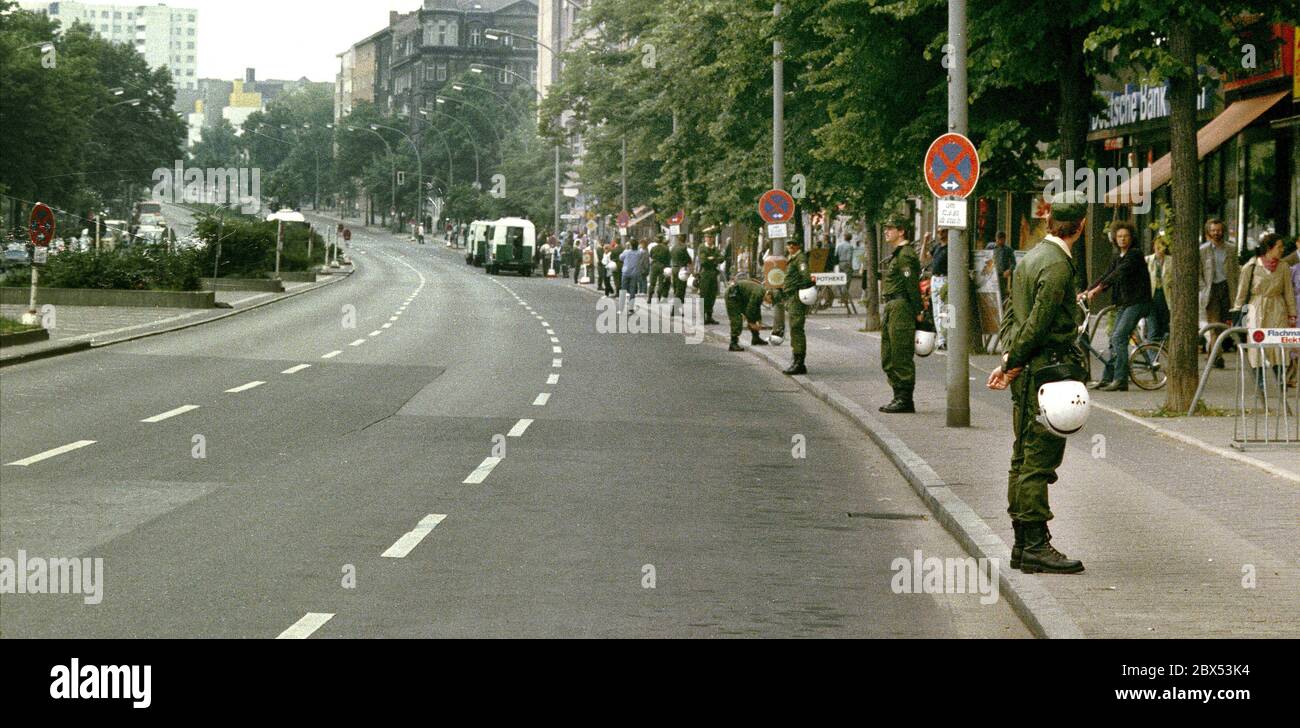
Three of the Operation Ruse Control cases challenge allegedly deceptive advertising by auto dealers.

The dealerships will turn over an additional $184,000.Ģ. To settle the case, NPN will provide consumers with $2.475 million in refunds and fee waivers. and Glassboro Imports LLC for pitching NPN’s deceptive add-ons and pocketing hefty commissions. In a related action, the FTC sued New Jersey dealerships Matt Blatt Inc. The FTC says that was a material fact that should have been disclosed upfront. What consumers weren’t told was that the cost of the add-on often outstripped any savings. According to the FTC, California-based National Payment Network deceptively claimed in online ads and through a network of authorized dealers that car buyers who bought its biweekly payment program would save money.

Typical add-ons include extended warranties, guaranteed automobile protection (GAP) insurance, credit life insurance, undercoating, and the like. Two of the FTC actions involve add-ons – extra products or services tacked on to the sale, lease, or financing of a car.

Avoid practices that turn add-ons into bad-ons. The FTC cases offer 6 tips to help keep your promotions in the proper lane.ġ. That’s the message of Operation Ruse Control, a coast-to-coast and cross-border sweep by the FTC and state, federal, and international law enforcers aimed at driving out deception in automobile ads, adds-ons, financing, and auto loan modification services. When it comes to car advertising, truth should be standard equipment.


 0 kommentar(er)
0 kommentar(er)
